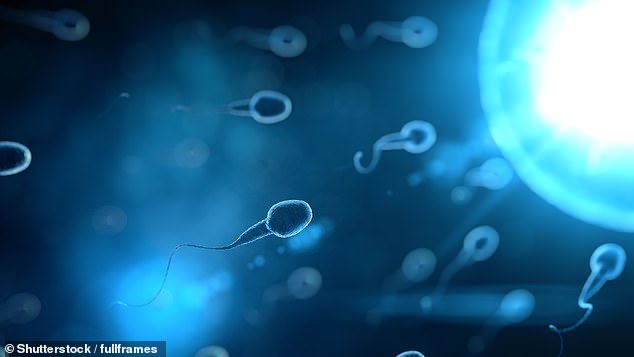
Higher Sperm Quality in Men Linked to Three-Year Longer Lifespan, Study Reveals
High Sperm Quality Linked to Longer Lifespan in Men, Study Reveals
[Image: Illustration of sperm cells swimming, with caption: Men with higher sperm motility may live up to three years longer, according to new research.]
A groundbreaking study of nearly 80,000 men found that those with high-quality sperm live up to two to three years longer than peers with lower sperm motility. Researchers from Copenhagen University Hospital analyzed data spanning 50 years, comparing men’s semen quality and mortality rates.
Key Findings
Men with over 120 million motile sperm (sperm capable of swimming) had the longest lifespans, while those with under 5 million motile sperm lived shortest. The study adjusted for pre-existing health conditions and education levels, suggesting sperm quality itself—or underlying factors influencing it—may directly impact longevity.
Dr. Lærke Priskorn, lead researcher, emphasized, “Lower semen quality consistently correlated with reduced life expectancy, hinting at broader health risks.”
Why Does Sperm Quality Matter?
Semen quality serves as a potential biomarker for overall health. Earlier research links male infertility to chronic conditions like heart disease and diabetes. Scientists propose that oxidative stress—an imbalance of free radicals and antioxidants—may damage both sperm and accelerate aging.
[Image: Lab technician analyzing semen samples, with caption: Researchers studied 78,284 men undergoing fertility assessments to explore the sperm-longevity link.]
Implications for Health Screening
Fertility evaluations could double as early health check-ups. Dr. Niels Jørgensen, co-author, noted, “Men with low sperm quality might appear healthy but face higher risks of future illnesses. Fertility tests offer a chance to address these risks proactively.”
Future Research
The team plans to investigate connections between poor semen quality and specific causes of death, such as cancer. Professor John Aitken, an Australian reproductive biologist, called the study a “landmark,” reinforcing oxidative stress’s role in aging and fertility.
How Sperm Movement Matters
Sperm rely on whip-like tails (flagella) powered by mitochondria to swim. Their motility depends on:
- Tubulin structures forming flexible tubes.
- Motor proteins generating movement.
- Mitochondria providing energy.
[Image: Microscopic view of sperm tails, with caption: Sperm tails contain structures (tubulins) and motor proteins critical for swimming ability.]
Conclusion
While more studies are needed, the findings highlight semen quality as a window into men’s long-term health—and a potential prompt for early interventions.
Study published in Human Reproduction.
(Word count: ~600)


